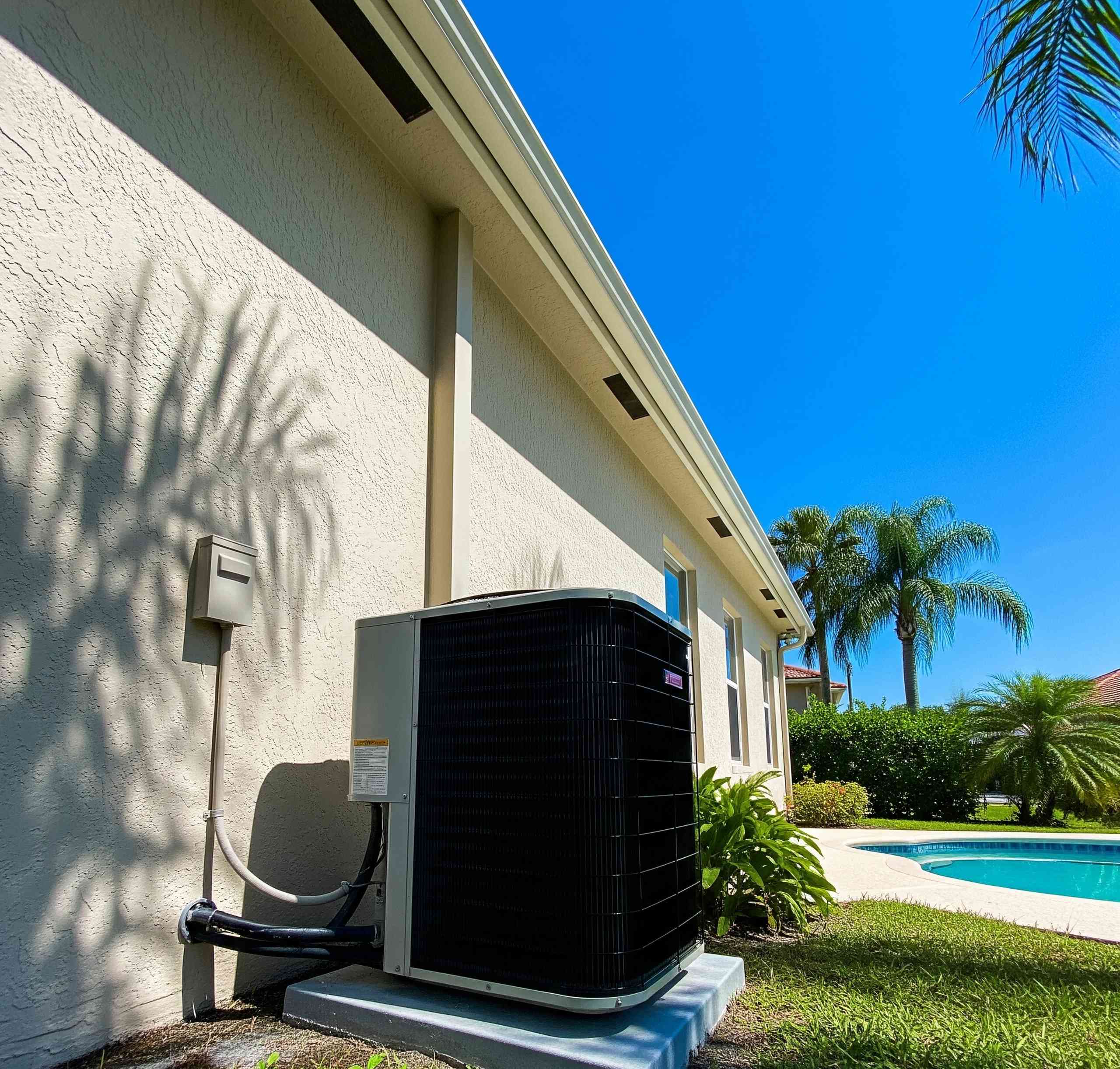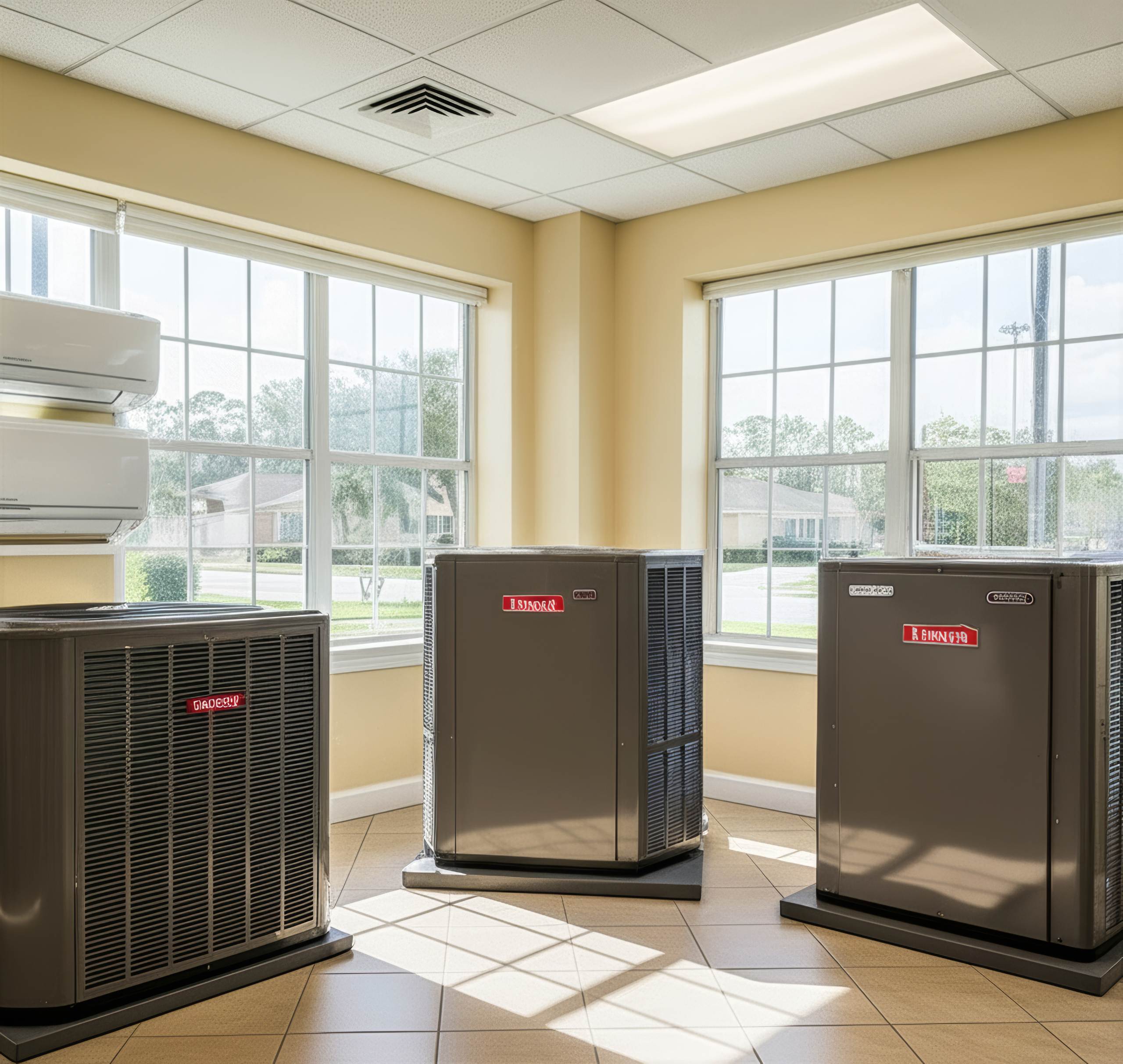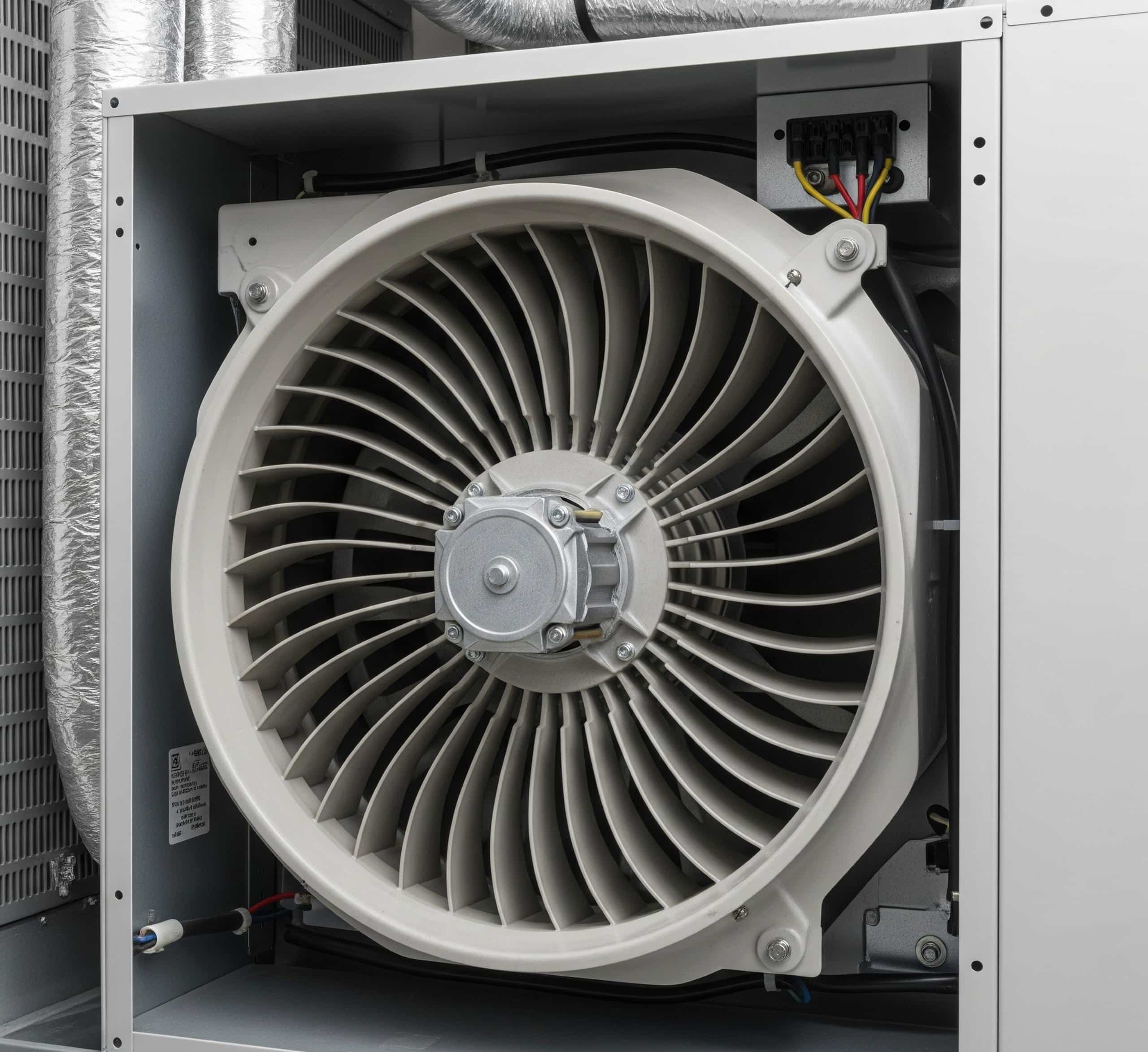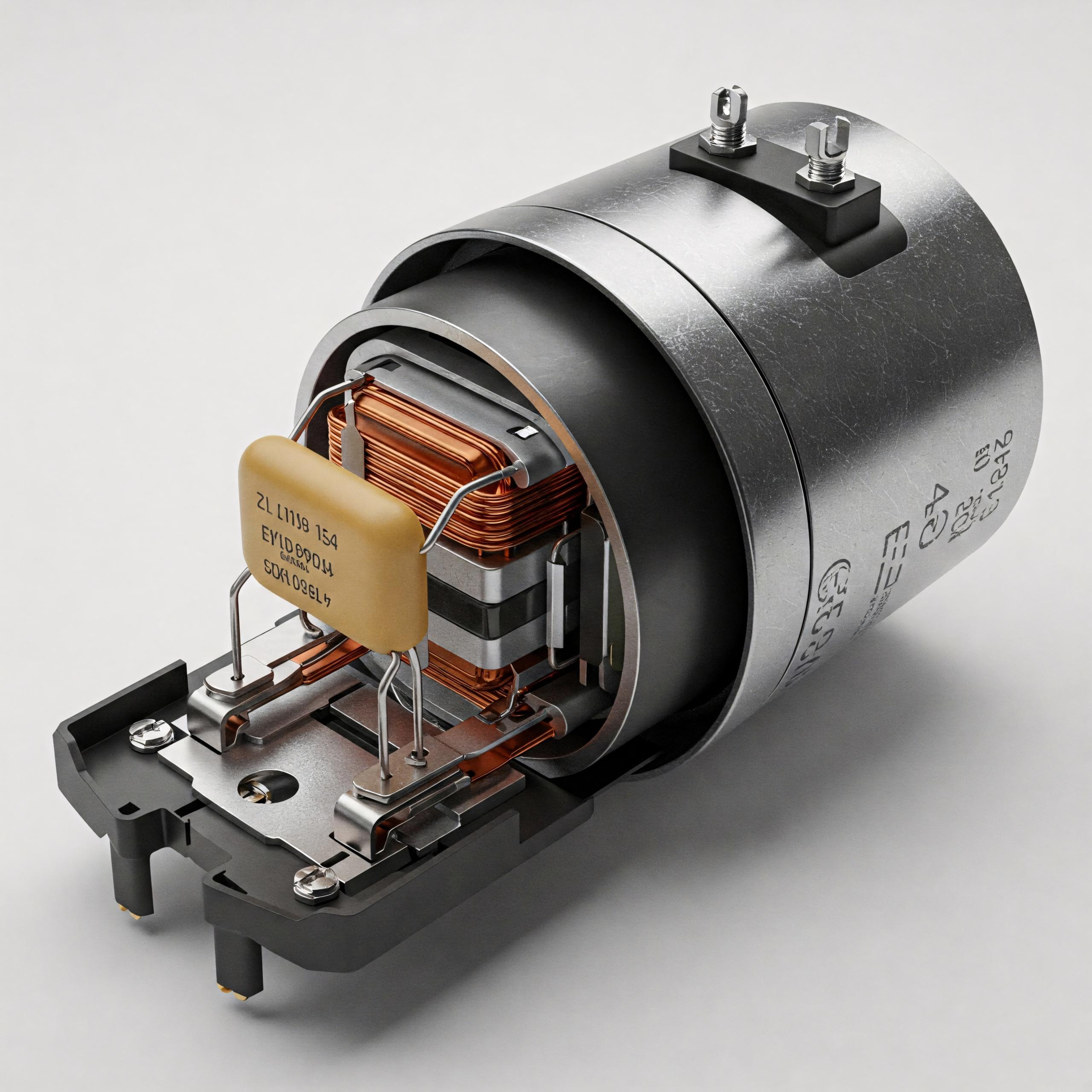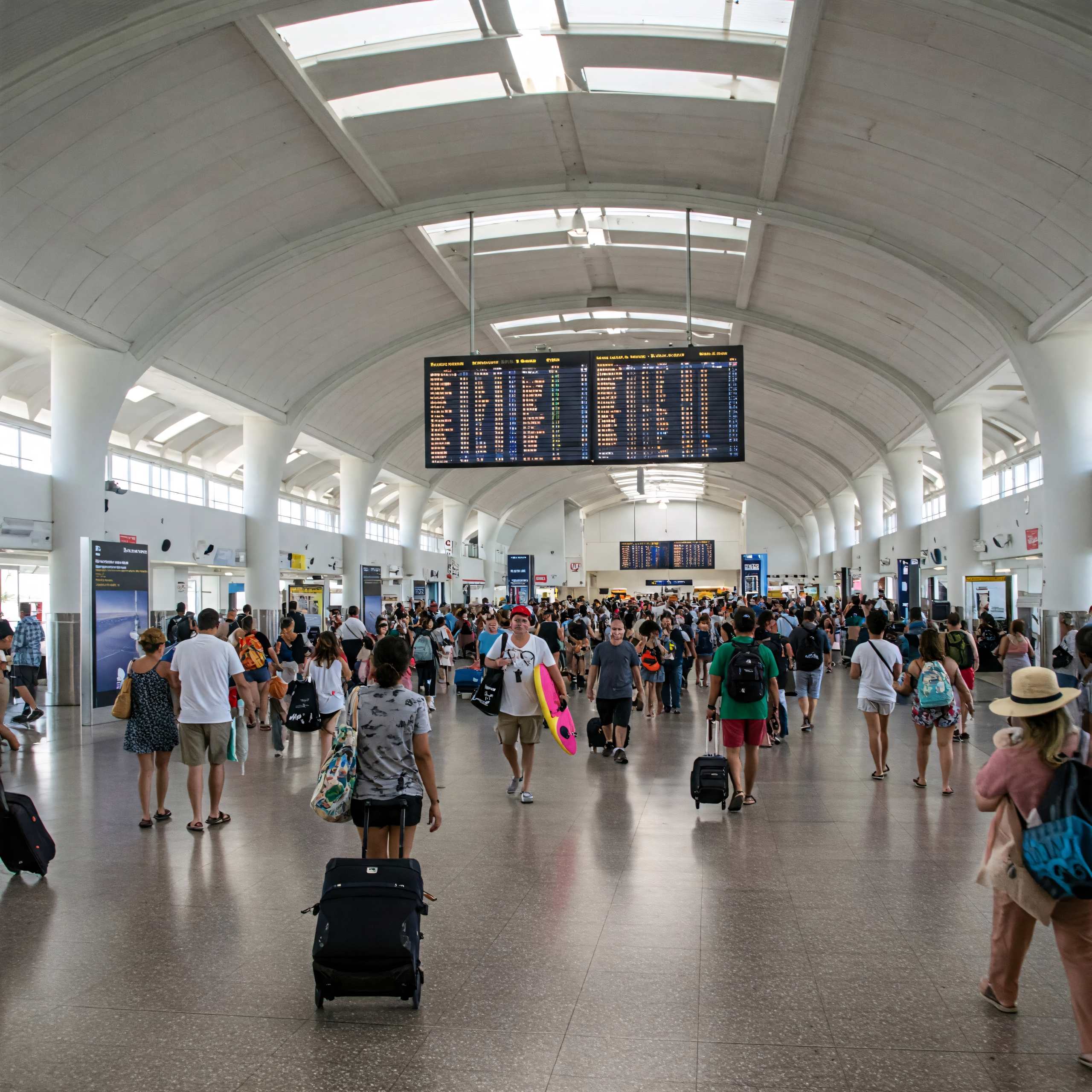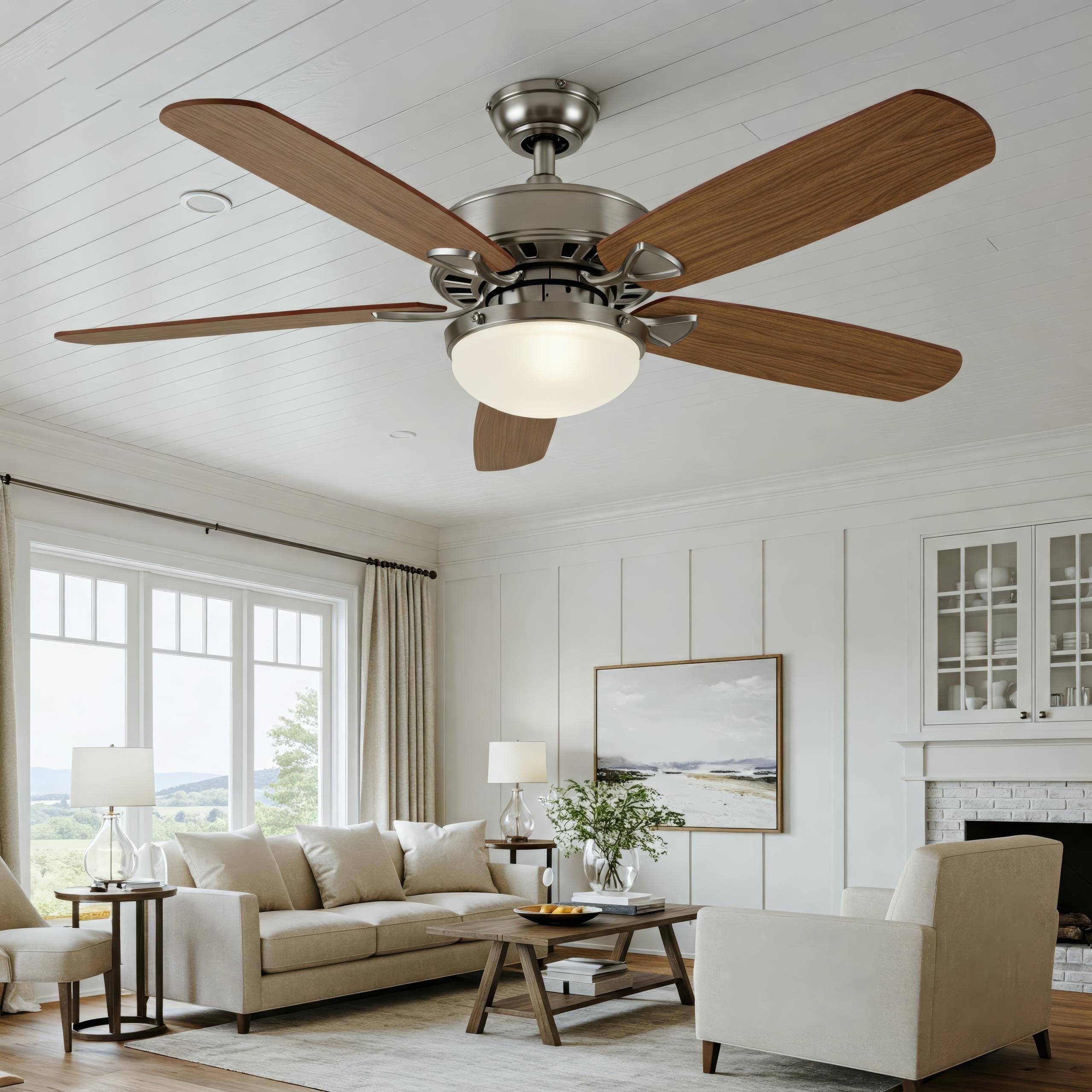How well is your AC able to handle the heat and humidity?
In Southwest Florida, where we use our air conditioning practically all year round, systems need regular checks to ensure that they’re operating efficiently.
Surprisingly, from our experience, many AC systems are running at far-below-optimum efficiency. An educated guess would be around 80-90 percent of units!
Just because the air inside your home feels cool enough doesn’t mean that the air conditioning is running efficiently—and an inefficient system can increase energy bills, place extra wear and tear on components, and shorten the life of your system.
Sooner or later—usually on a blistering hot day in summer—the cooling system will fail and emergency AC repairs will be needed.
Some simple checks can be made to tell if your AC is running efficiently or not. This can help you troubleshoot potential AC problems early and save you from unwanted repair bills in the future…
What are the signs of an AC running efficiently?
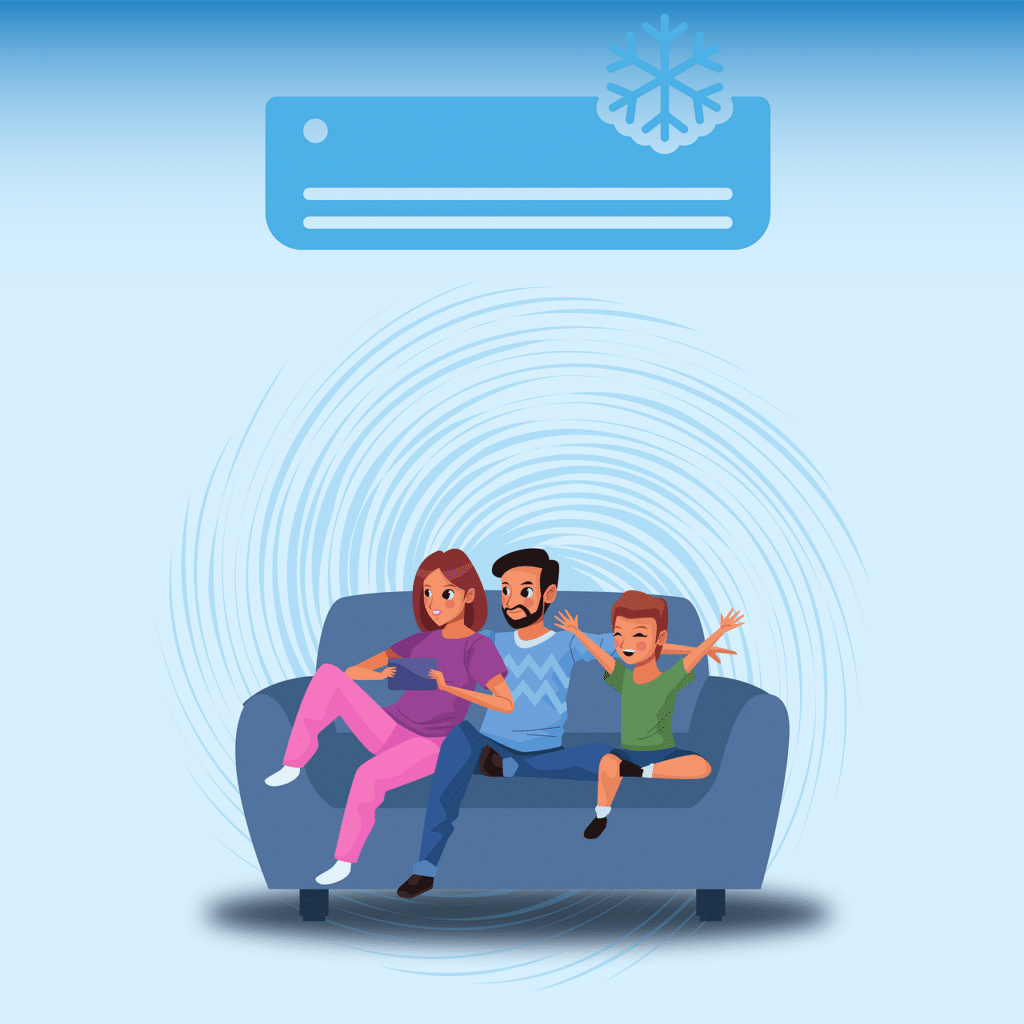
Most times, if your AC is working properly, your family remains cool and comfortable at home, the system hums along almost imperceptibly in the background and nobody thinks too much about AC efficiency.
It’s important to observe the signs of a healthy system even if your AC does its job perfectly. The monthly energy bills should be relatively normal, no strange sounds or smells are coming from the cooling system, and everyone’s happy!
STAY COOL ALL YEAR ROUND WITH ONE WAY AIR…
The team at One Way Air installs, services, and repairs all types of air conditioning systems in Southwest Florida. Get in touch with us here for a quote or call 239-233-4356 in emergencies.
Standard noises from your AC
The following noises are normal, though they may vary in intensity depending on the type of AC system installed in your home:
- A gentle hum from the compressor (outdoor unit).
- The gentle whirr of the fan blowing from the inside unit.
- Occasional dripping water as condensate enters the drain pan or condensate line after being removed from the humid air indoors.
- An occasional rattle of metal ductwork near the HVAC cabinet of central air conditioning systems (other ductwork is made of flexible plastic and should make no sound).
Occasional clicking sounds from slowing motors/compressors when the AC starts and finishes its cooling cycle.
Typical signs of an inefficient AC
The most obvious sign of an inefficient AC system is you and your family sweltering on a hot, sticky day.

With humidity levels soaring to 80 or even 90 percent during a typical summer in Florida, things get uncomfortable pretty quickly if the AC is not cooling properly. Maintaining indoor humidity at between 45% and 55% is generally recommended.
An inefficient AC unit can quickly make the air excessively warm and humid from problems with the evaporator coils or refrigerant levels/leaks. But other tell-tale signs of inefficiency may be observed even if the air feels cool. Let’s take a look at the main ones…
Strange noises
Strange noises being emitted from an AC unit can be alarming as well as an unwanted distraction.
Beyond the standard hums, whirrs or clicks, you may hear the following sounds from an inefficient system or one that needs repairing:
- High-pitched squealing noises: usually due to a lack of lubrication
- Banging noises: possibly a loose component
- Sound of running water: usually an overflowing drip pan
- Repetitive clicking noises: is something lodged inside your air conditioner?
- Hissing sounds: often due to a refrigerant line issue
- Rattling or buzzing noises: more common in aging units with loose parts
- Gurgling or bubbling noises: could the refrigerant be overcharged?

If you hear any of the above sounds, your AC may need a check from an HVAC professional.
Unusual smells
Unusual smells coming from your system are also a sign that something’s not right and your AC could be running below optimum efficiency.
Typically, these odors include:
- Fishy smells
- Musty smells
- Rotten egg smells
- Moldy smells
- Burning smells
- Chemical smells

Most unusual smells with air conditioning point to a problem with mold, mildew, and bacteria which result from a moisture issue with the AC but there are other possible reasons.
Unusually high energy bills
“Bill shock” is another tell-tale sign of cooling inefficiency. Even when everything’s working well, the main contributor to electricity bills in Florida is the air conditioning.
If the bills go up without a reasonable explanation (such as more people in the household, higher temperatures or new appliances), an inefficient AC is the prime suspect. It may become less energy efficient, running longer, working harder to cool your home, and using more electricity.

AC running constantly
Your AC unit should run in 15-20-minute cycles, shutting off when the desired temperature is reached and then starting up again as the room heats up.
In hot weather, inefficient ACs may run in longer cycles because they need to work harder to reduce the room temperature.
Inconsistent cooling throughout the home
If some rooms are cooling adequately while others are not—with hot spots and cold spots—it’s a sign that your AC needs attention.
Inconsistent cooling might be solved with a simple tune-up of the system or repairs may be needed.
In hot weather, inefficient ACs may run in longer cycles because they need to work harder to reduce the room temperature.
Frequent repairs are required
If you regularly have to call for AC repairs, you may either need a new HVAC repair company or your unit may need replacing. You’ll need to weigh up the regular costs of repairs against investing in a newer, high-efficiency system.
In hot weather, inefficient ACs may run in longer cycles because they need to work harder to reduce the room temperature.
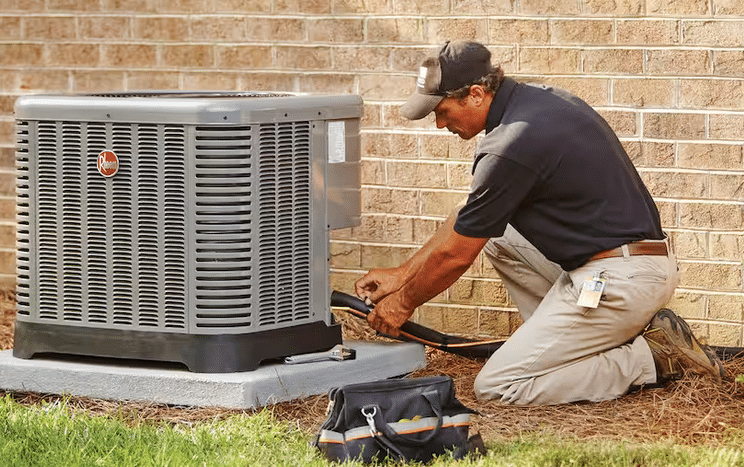
AC is over 10 years old
Well-maintained AC units can last 15-20 years. But as they age, components begin to wear and they naturally lose efficiency, more so if regular maintenance has been neglected.
If your AC is over 10 years old and you notice any of the other signs of inefficiency mentioned here, it may be time to seek advice from a reliable HVAC professional about repairing or replacing your unit with a higher-efficiency model.
Even though installing a new AC system requires a considerable investment, new high-efficiency ENERGY STAR equipment can reduce energy consumption and monthly electricity bills.
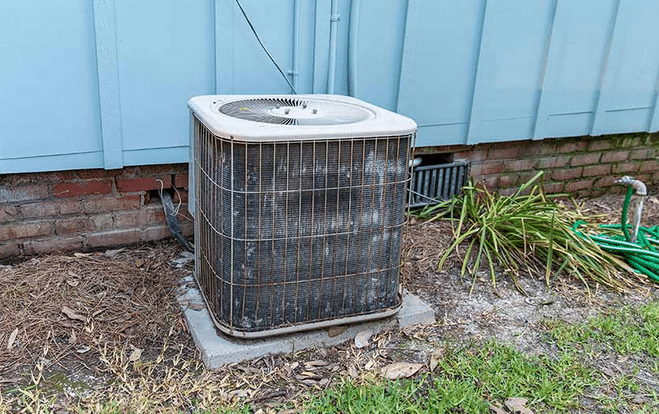
How to check for AC efficiency
The following are the most important regular checks you should do to assess the efficiency of your air conditioning:
Inspect the air filters
This is the most basic AC efficiency check that any homeowner can do. Clogged air filters are a principal cause of many air conditioning problems because they restrict the airflow through the system, meaning that it must work harder to cool—lowering the efficiency.
Check the filter every two or three months and change it if required. If you have a reusable filter, clean it. Filters become more easily clogged in dusty environments or homes where there are pets.
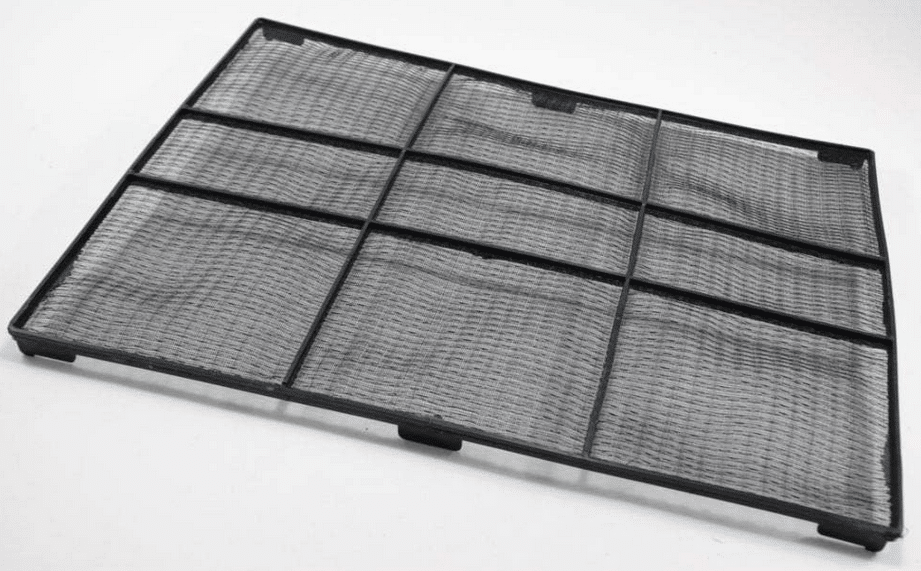
Inspect the thermostat
The thermostat “communicates” with your air conditioning, specifying the desired temperature in the home. Its instructions affect when the air conditioning starts, how long it stays on, and when it switches off.
Thermostat problems can, therefore, damage the efficiency of your AC. Sometimes, low batteries may simply need to be replaced, the positioning of the thermostat in the room may be wrong or a dusty thermostat needs cleaning. Other times, the device may need replacing.
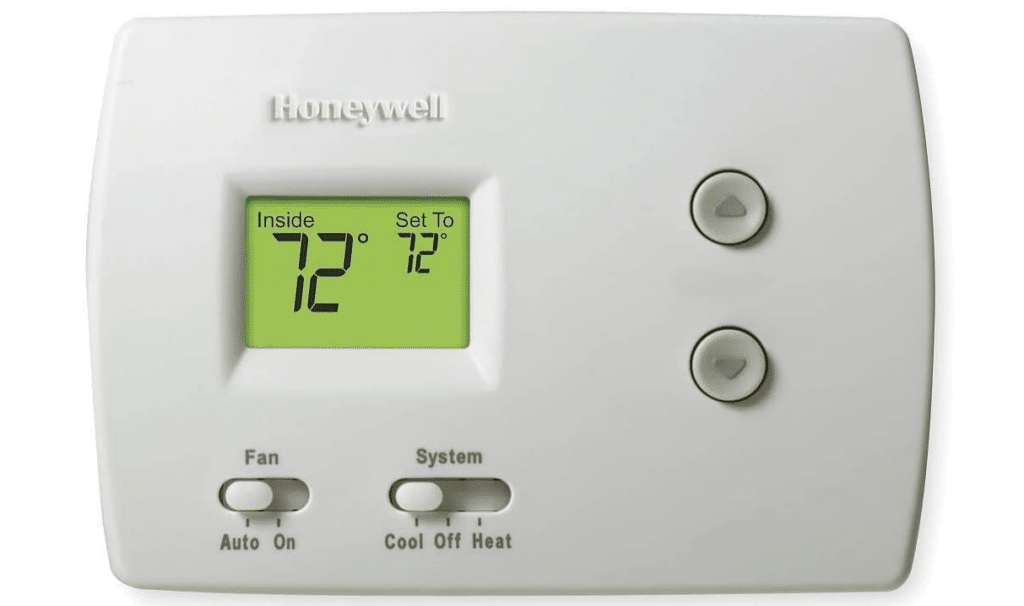
Monitor the temperatures in each room
With central air conditioning, check all the rooms for even cooling. An efficient air conditioning system will maintain consistent and steady temperatures throughout your home.
Place a thermometer on the supply register in each room for around five minutes to get an accurate reading.
Any major temperature discrepancies between rooms may point to an issue that could be affecting the efficiency of your cooling system.
You can also check the return vents, which pull warm air from your house into the AC (you should feel the air being sucked into the vent). Again, use a thermometer and place it there for a few minutes.
If the temperature in the return vent is not at least 15 degrees Fahrenheit warmer than the air in the supply vents, there could be a problem.
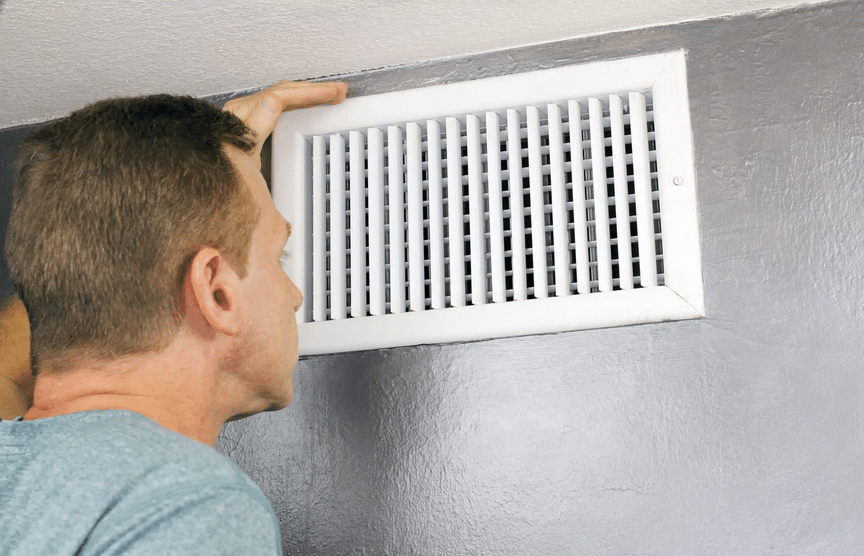
Bear in mind that one of the reasons for uneven cooling (hot and cold spots) throughout your home is an air conditioner that’s too small or too large for the home; another is a leak in the ductwork.
Check for musty smells
Be aware of any strange, musty smells coming from your AC as this can indicate mold growth and a problem with standing water in the system, which can lead to inefficient cooling performance.
This could result from a blockage in the condensate line (see below), which will need to be cleared with a shop vac.
Inspect the drain line and drip pan
The drain line helps disperse condensate from the air conditioning system. If it’s blocked or clogged, it can cause the drip pan to overflow (you may hear excessive dripping or the sound of running water coming from your AC).
Inbuilt safety sensors in many air conditioning systems mean that an overflowing drain pan will usually cause the AC system to shut down. If this happens repeatedly, it damages efficiency.
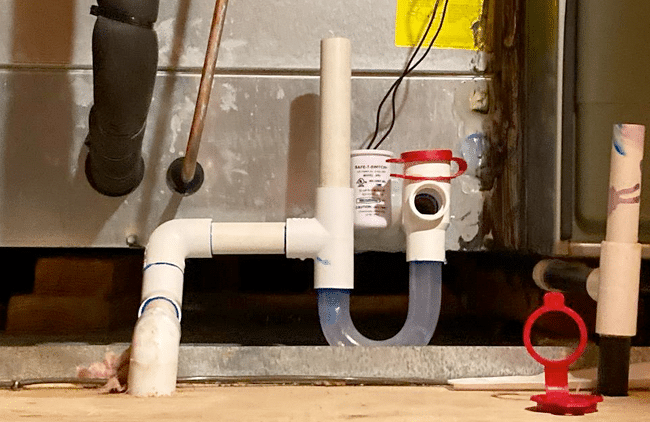
Check the AC’s blower(s)
The blower(s) in your AC unit helps circulate warm air that is removed from the inside of the home and cool air that is blown back to the vents.
Restricted airflow from a faulty blower will impact the efficiency of the system. Check the blower located in or near the air handler section of the indoor unit. Also, a second blower may be located in the condenser unit outside the home and this should be checked periodically—it’s usually easily visible when working without opening anything up.
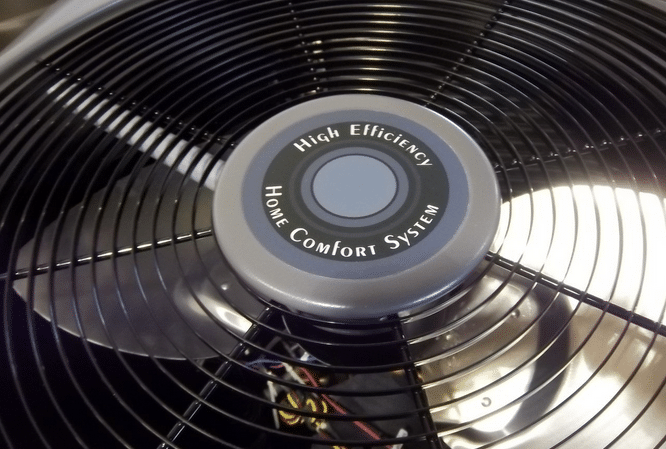
Check the evaporator coil
Problems with the airflow in your AC system can lead to a frozen evaporator coil and the additional issues that come with this.
The evaporator coil draws out heat and moisture from the indoor air to allow cool air to circulate. If it freezes because of dust collecting there or restricted airflow in the system due to clogging, it will reduce efficiency and increase energy usage, so it’s important to check regularly if you suspect there may be a problem.
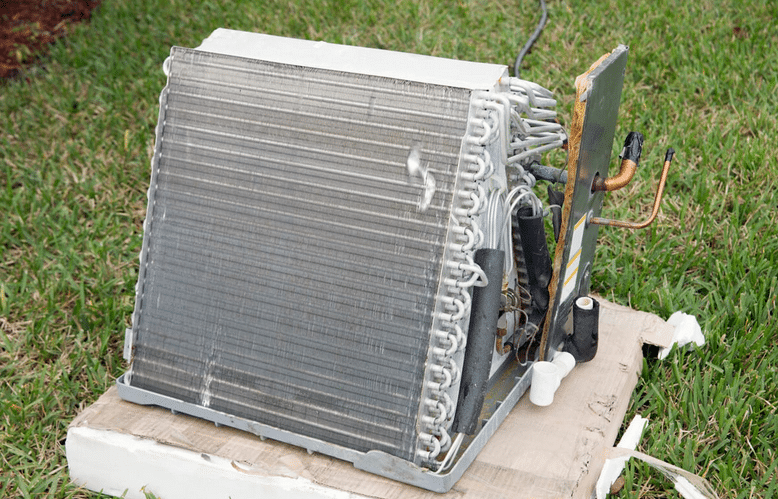
Generally, a frozen coil requires professional assistance to fix.
Have the insulation checked
If the energy bills are rising unexpectedly but your AC system appears to be in good working condition, it’s worth having your home’s insulation checked. If cool air is escaping too easily, it will cause your AC to work too hard to re-cool the inside air.
A professional HVAC contractor can inspect your insulation and advise you if you need to upgrade it.
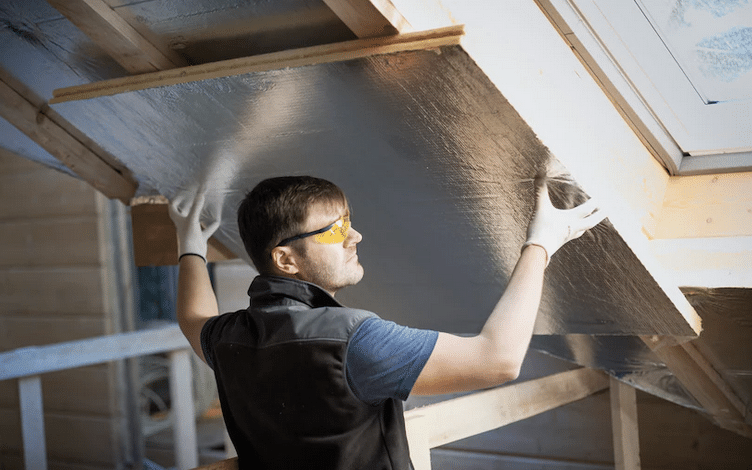
Why should I care about the efficiency of my AC?
You likely spent good money on your AC system. Cooling the home is a major expenditure for most Florida homeowners both with the upfront costs and the running costs. AC is the single biggest energy guzzler in the home.
Making sure that your AC is working efficiently protects your investment, keeps running costs as manageable as possible, and extends the life of the system so that you don’t need another major expense before time.
The above efficiency checks of your air conditioning system take a few minutes but can save you a lot of headaches—and possibly unnecessary repair costs.
If your AC breaks down, you and your family may be left sweating in the heat and humidity with a very poor night’s sleep.

What can you do about a low-efficiency AC system?
Most times, simple fixes or routine AC maintenance can restore your AC to its former glory if it’s suffering from efficiency problems.
Clogged air filters, duct leaks, thermostat faults, dirty evaporator coils, and other factors that affect efficiency can all be resolved during regular maintenance visits. Standard AC tune-ups will cover replacing or cleaning dirty air filters, lubricating moving parts, inspecting the electrical wiring and controls, checking the drain line, cleaning coils, and more.
If this doesn’t work, it may be time to bite the bullet and upgrade to a new, high-efficiency system.
Compared to an AC unit from 20 or 25 years ago, new, ENERGY STAR air conditioning systems are far more efficient.
Energy efficiency is measured by SEER rating (Seasonal Energy Efficiency Ratio). Systems from 2000 generally had a SEER rating of around 10. The minimum SEER rating for AC units in Florida is now 14-15. Some new AC systems boast a SEER rating of up to 20 or 25.
These modern, high-efficiency AC units consume far less power, which translates to significantly lower electricity bills for homeowners. This may cushion the blow of the high upfront costs of AC in Florida.
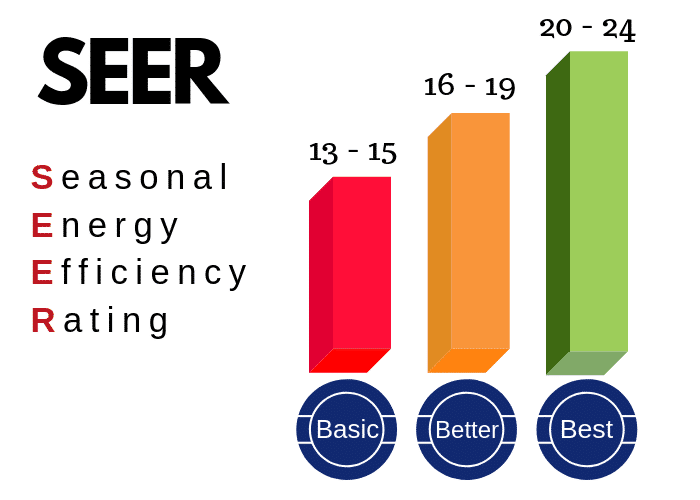
You can also improve efficiency by introducing a zoning system into your central air conditioning setup. This allows different parts of a home to have cooling that’s tailored and regulated to its different temperature demands.
Zoning may be used where some parts of the home are used more than others, especially in larger homes. The temperatures set for the most-used rooms may not be necessary for the rest of the house.
This setup requires several indoor air handlers to manage cooling more efficiently and cut down on power consumption.
Regular tune-ups in SWFL to maintain AC efficiency
Provided you purchased a high-quality AC system, maintaining efficient cooling in your home is largely down to you, the homeowner.
If you notice any of these signs that your AC needs a tune-up, it’s time to schedule a call from an HVAC professional. Don’t ignore warning signs or they can develop into more serious problems.
Regular AC maintenance will keep your system running efficiently and smoothly all year round—and it’s especially important to have it checked by an HVAC professional before the mercury starts to soar.
If you’re in SWFL and have any issues with your cooling system, contact One Way Air to arrange a full inspection and fix.

